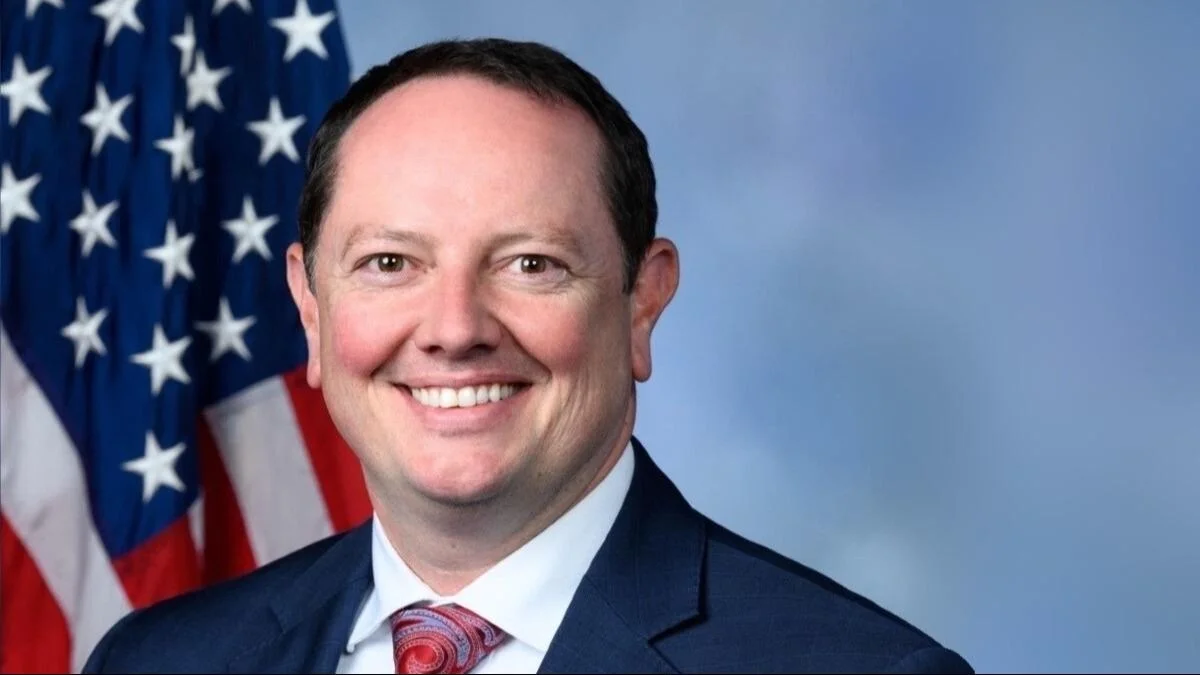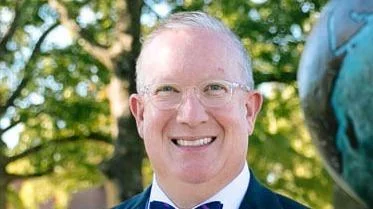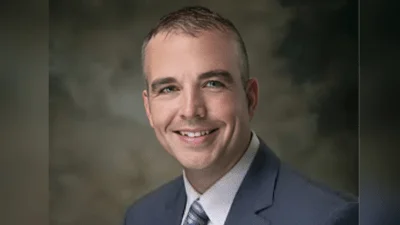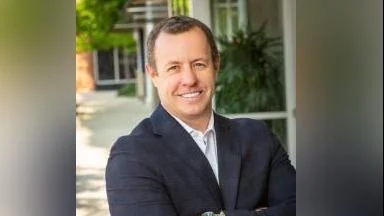Rep. Eric Burlison, U.S. Representative for Missouri's 7th District | Official U.S. House headshot
Rep. Eric Burlison, U.S. Representative for Missouri's 7th District | Official U.S. House headshot
The Subcommittee on Economic Growth, Energy Policy, and Regulatory Affairs recently held a hearing titled "The New Atomic Age: Advancing America’s Energy Future." The focus was on the potential of small and micro modular nuclear reactors to advance safe, clean, and reliable nuclear energy in the United States. The discussion highlighted the efficiency and low cost of nuclear energy compared to other sources.
Key points from the hearing included concerns about government overregulation hindering the development of these reactors. Alex Epstein, President and Founder of the Center for Industrial Progress, stated that "Whenever we talk about abundant nuclear energy, including SMRs, we need to recognize that the first step is for government to stop doing the immense harm it’s actively doing."
Joshua Smith from the Abundance Institute emphasized that outdated regulations are major barriers to progress. He noted that "Nuclear’s struggles today aren’t inherent to the technology. They’re the product of outdated, unfit, and counterproductive regulations."
Smith also pointed out that licensing and permitting processes need reform to enable nuclear power development. He stated that "Nuclear entrepreneurs can’t succeed in a system that blocks entry before shovels hit the dirt."
Epstein suggested creating nuclear innovation zones on federal land to expedite testing and development. He testified that "[The] NRC should open nuclear innovation zones on federal land... this can dramatically expedite things."
Subcommittee Chairman Burlison raised questions about companies being forced abroad due to regulatory barriers in the U.S., stating: “I was recently told by one company based here in the United States that they will have a fully functioning MMR abroad in the next year.”
Smith responded by highlighting excessive barriers preventing construction within U.S. borders.
Burlison also discussed state versus federal regulation with Smith, who argued states might be better suited for regulating new reactor designs due to their flexibility.
Epstein addressed cultural misconceptions surrounding nuclear energy's safety record, arguing against demonizing it as inherently dangerous.
Rep. Scott Perry questioned how deregulation could benefit taxpayers by making nuclear more profitable than other non-traditional energies.
Epstein explained: “We absolutely want nuclear energy companies to be able to make a profit by competing... There are two kinds of problems... One is when you restrict... The other thing... is when you subsidize inferior forms of energy.”






 Alerts Sign-up
Alerts Sign-up